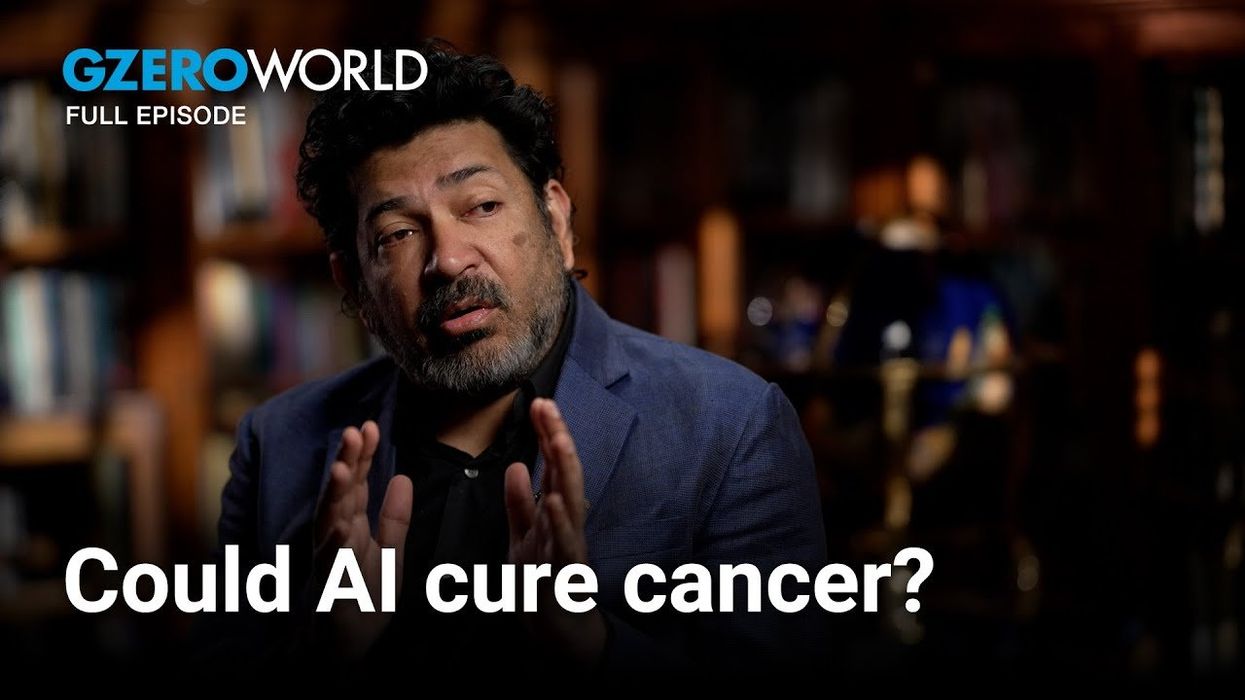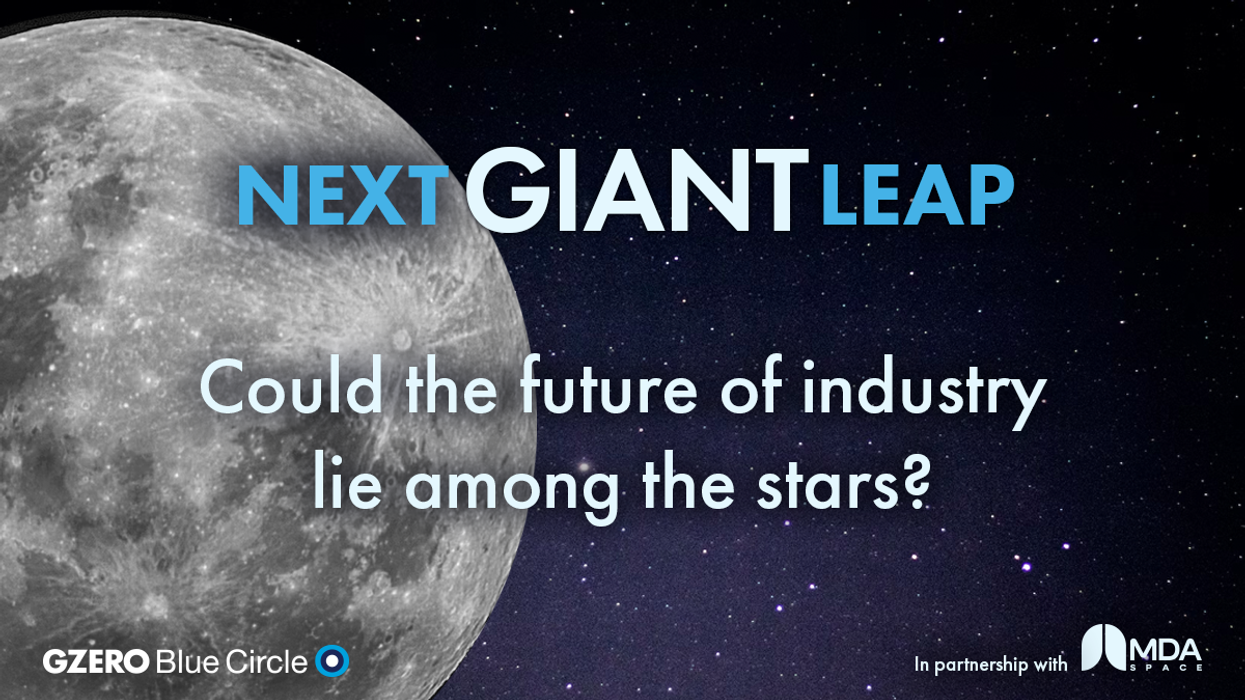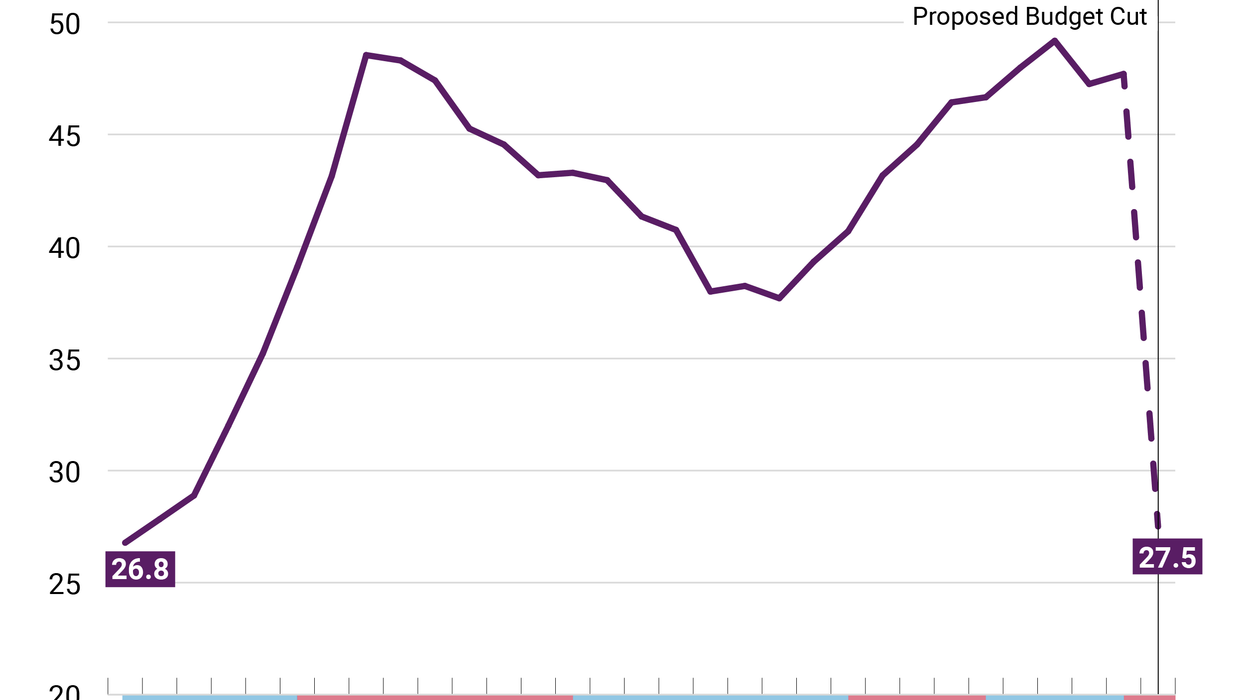GZERO World with Ian Bremmer
How AI is transforming medicine, and the cancer fight
Renowned physician and author Siddhartha Mukherjee discusses how artificial intelligence is transforming medicine and cancer research in particular—and why this could be the most promising moment in the 50-year war on cancer.
Sep 07, 2025








